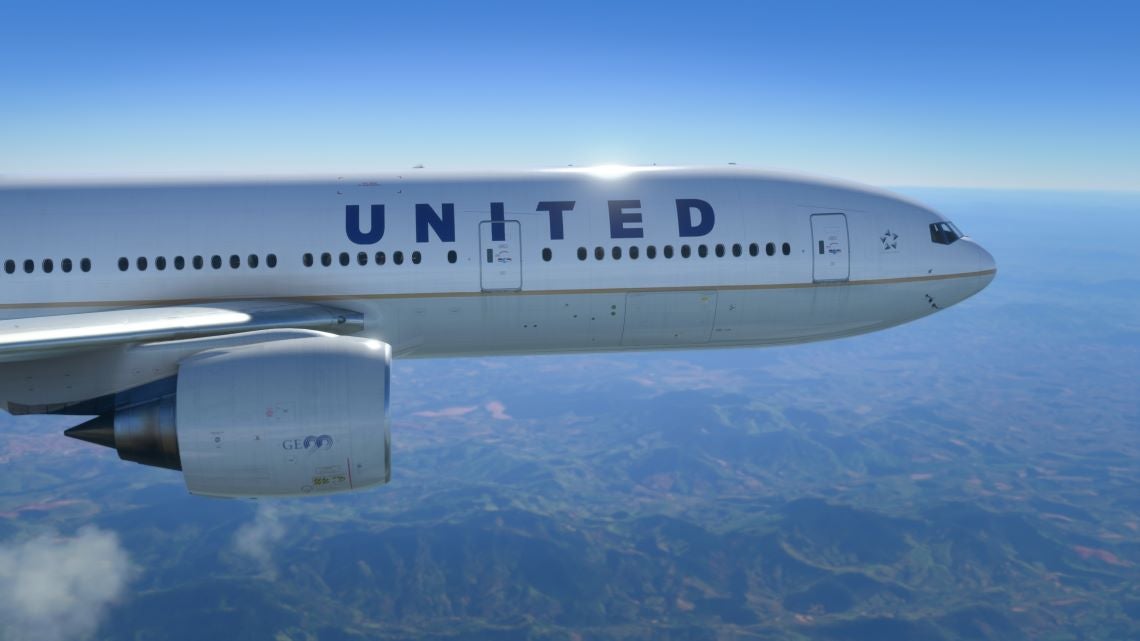
United Airlines posted its third quarter (Q3) results, claiming a record pre-tax quarterly revenue intake thanks to increased passenger numbers and the year’s best “on-time performance” in September.
The US carrier reported a pre-tax income of $1.5bn at a 10.3% margin. That’s slightly higher than an aggregate of analysts’ expectations.
That means United’s Q3 revenue was up by 12.5% on the year, which it said is “a record quarter and near the high end of guidance.”
Much of this growth was driven by United’s domestic offerings, with demand growing at an even faster rate than Q2. That increased passenger traffic led to United’s “second highest all-time” domestic revenue by quarter.
The airline’s international revenues were also high, with revenues on its Pacific region flights up above Q3 2019 (pre-pandemic) levels, despite still lagging 24% behind that period on capacity. This result shows increased profitability on these flights.
The gains in the Pacific follow two key announcements this quarter, with five destinations added (or re-added) to United schedules.

US Tariffs are shifting - will you react or anticipate?
Don’t let policy changes catch you off guard. Stay proactive with real-time data and expert analysis.
By GlobalDataUnited will launch the first US-Manila non-stop service, as well as adding daily flights to Hong Kong SAR and Tokyo’s giant Narita hub. It will also add a second daily flight to Taipei.
And after a pandemic-induced break, United has re-introduced its non-stop service from San Francisco to Beijing.
United Airlines CEO Scott Kirby said: “Our strategy to diversify our revenue streams, capitalise on growth opportunities and constantly innovate to enhance our products for our customers is paying off. Our United Next strategy is working and we remain on track to hit our financial targets.”
However, in post-session trading, United’s share prices dropped by 4% despite the positive financial shape of the company.
This reaction was driven by the company’s Q4 outlook, which highlighted the stoppage of flights to Israel due to the ongoing conflict in the region.
United has suspended its flights to Tel Aviv and has shared a revenue forecast depending on how long the suspension lasts. Its per-share earnings range for Q4 is $1.50–$1.80, with the airline’s projection dropping further to the lower end of that projection the longer the suspension goes on.



